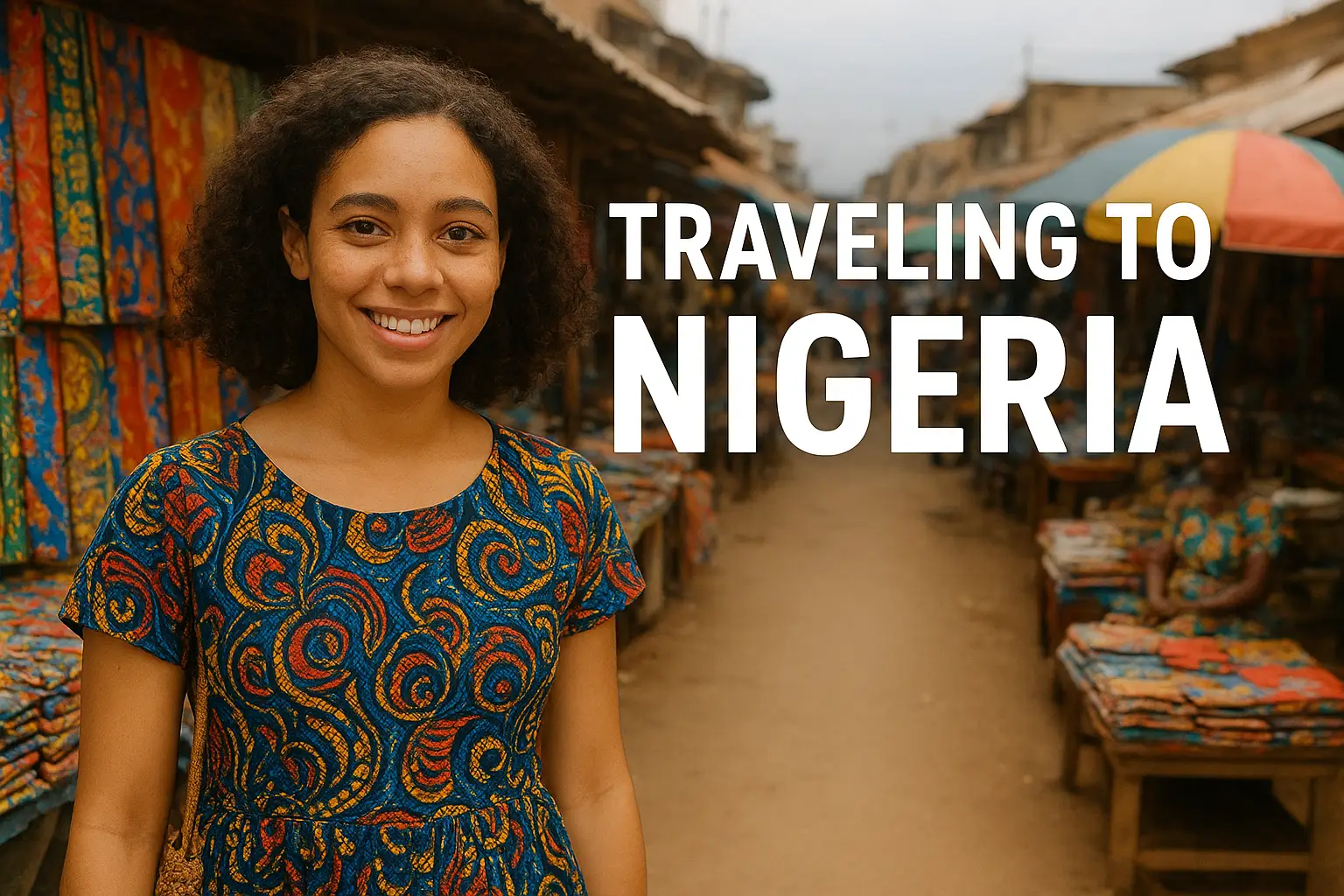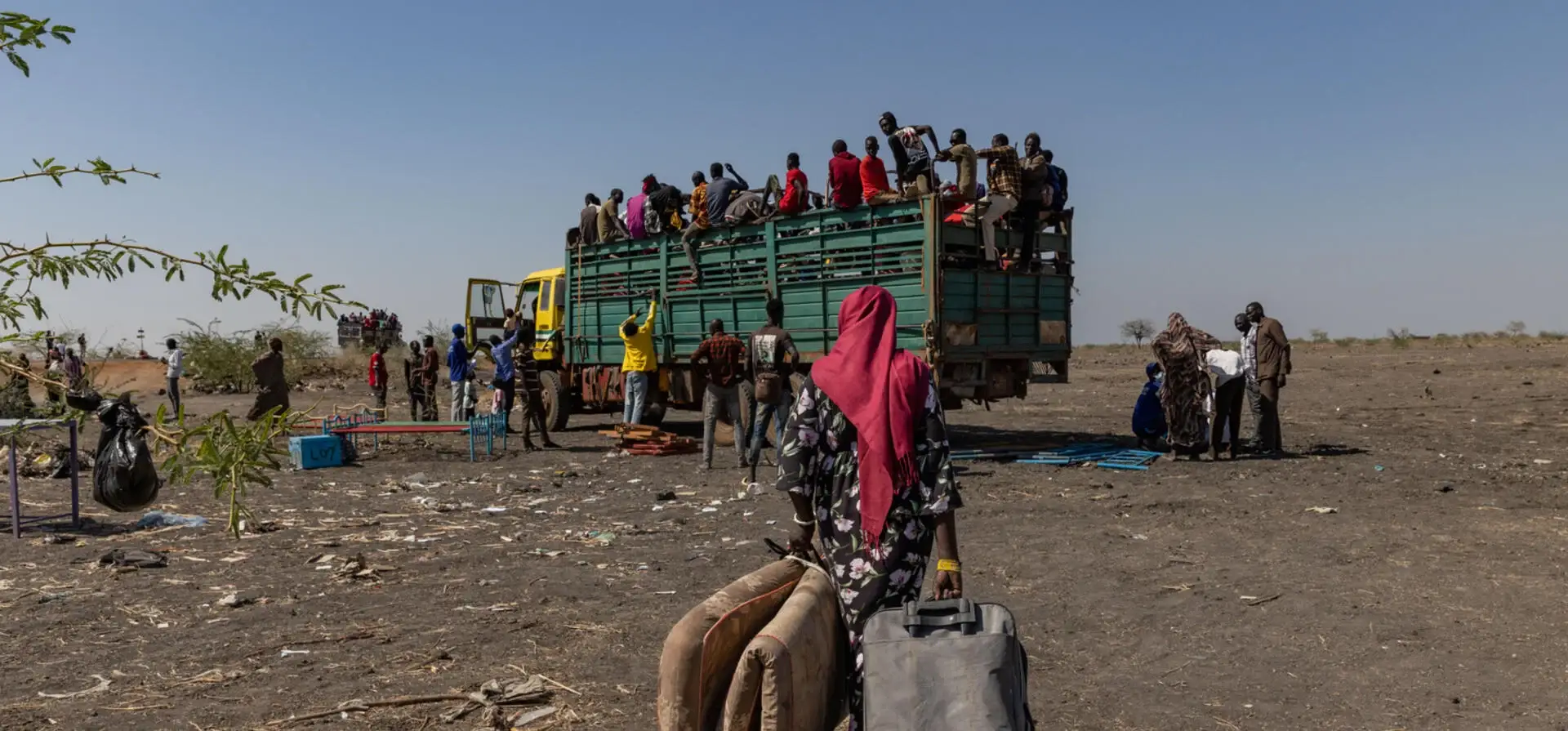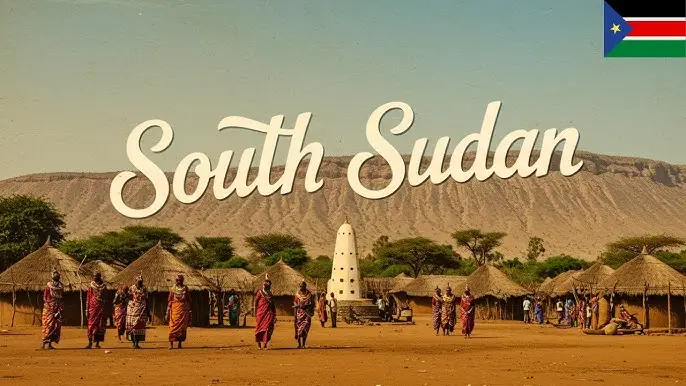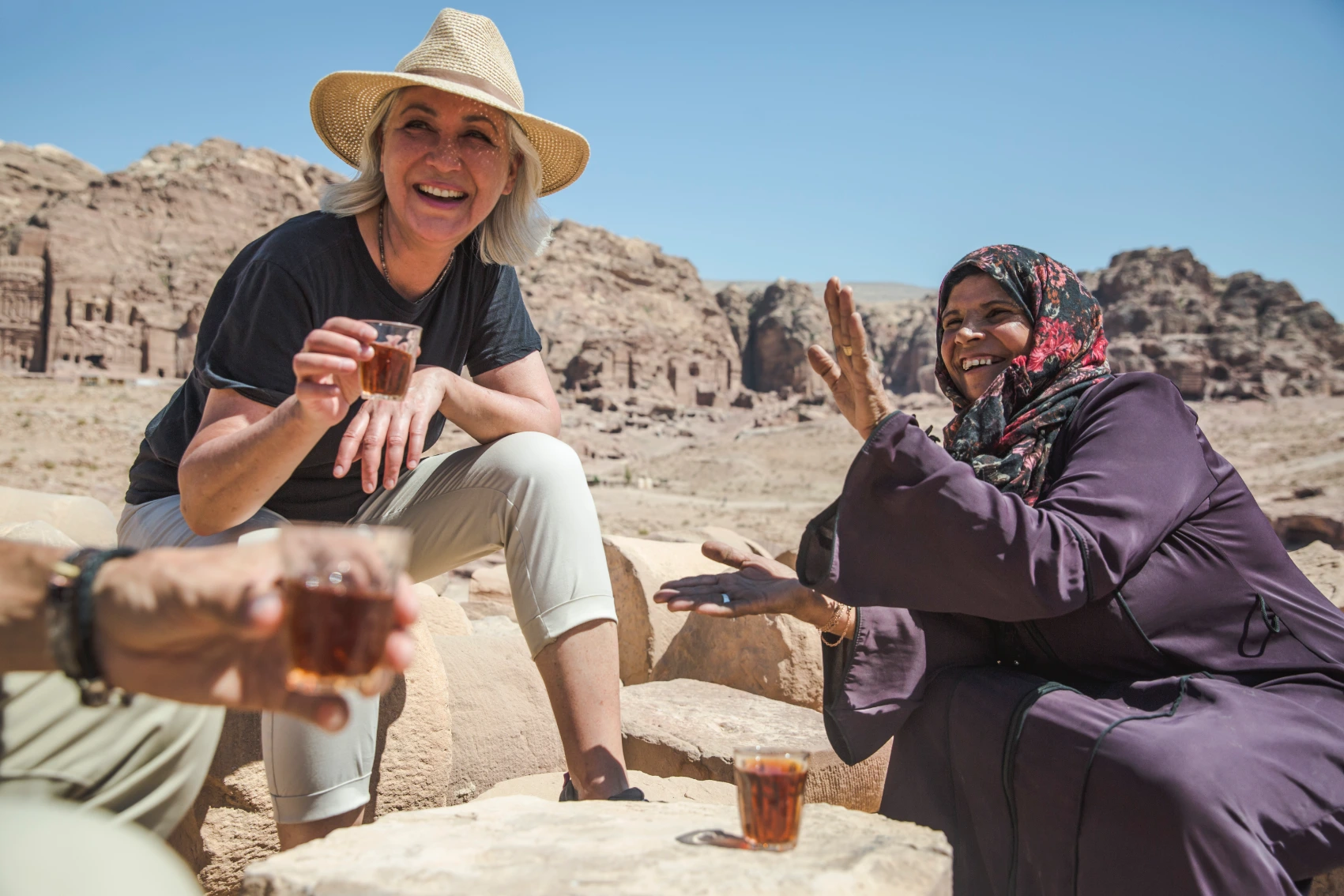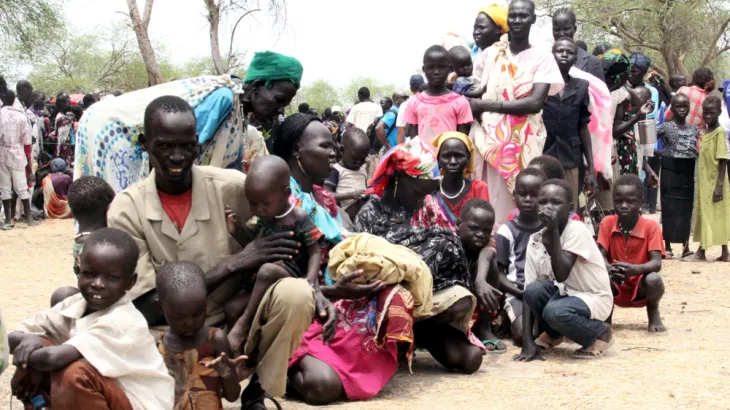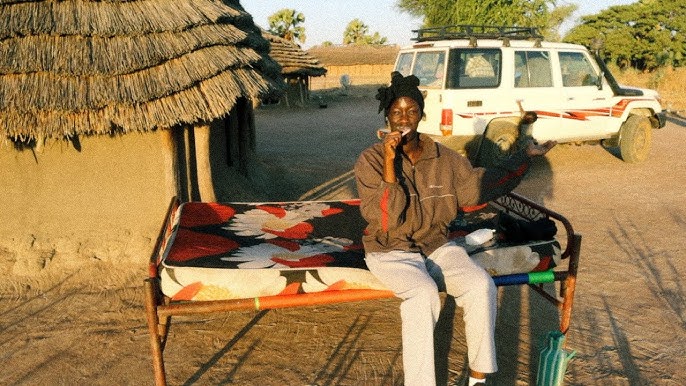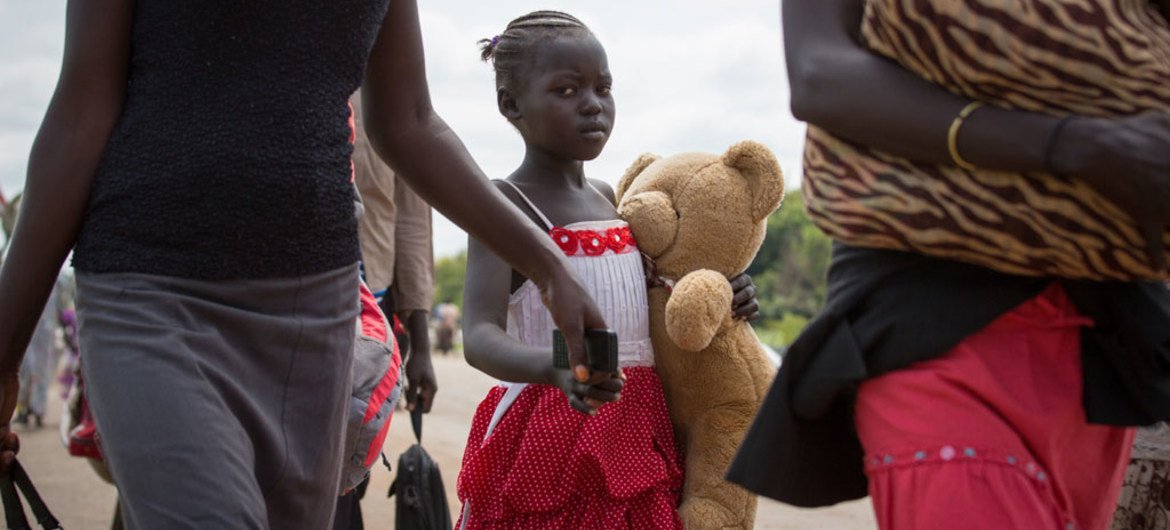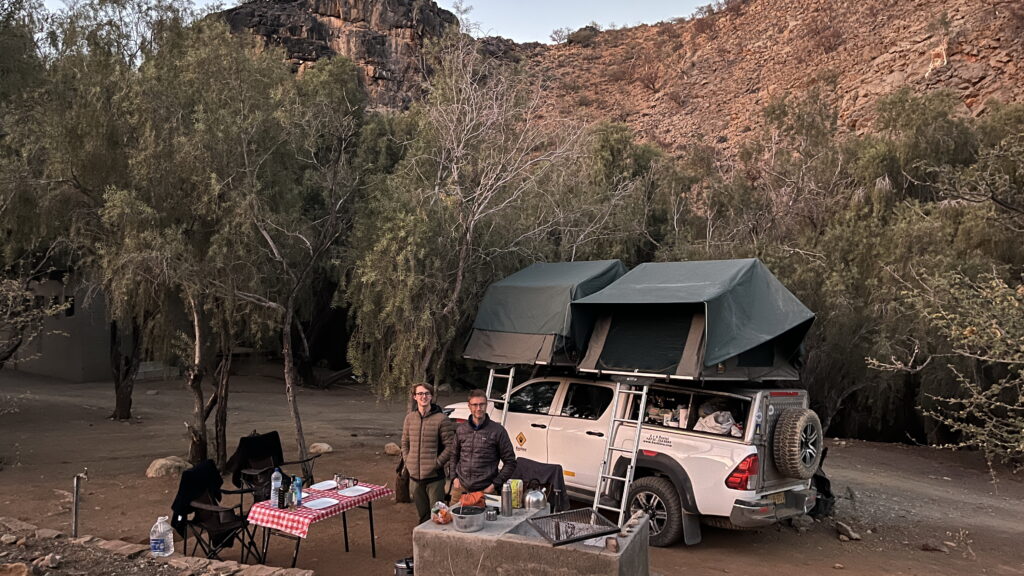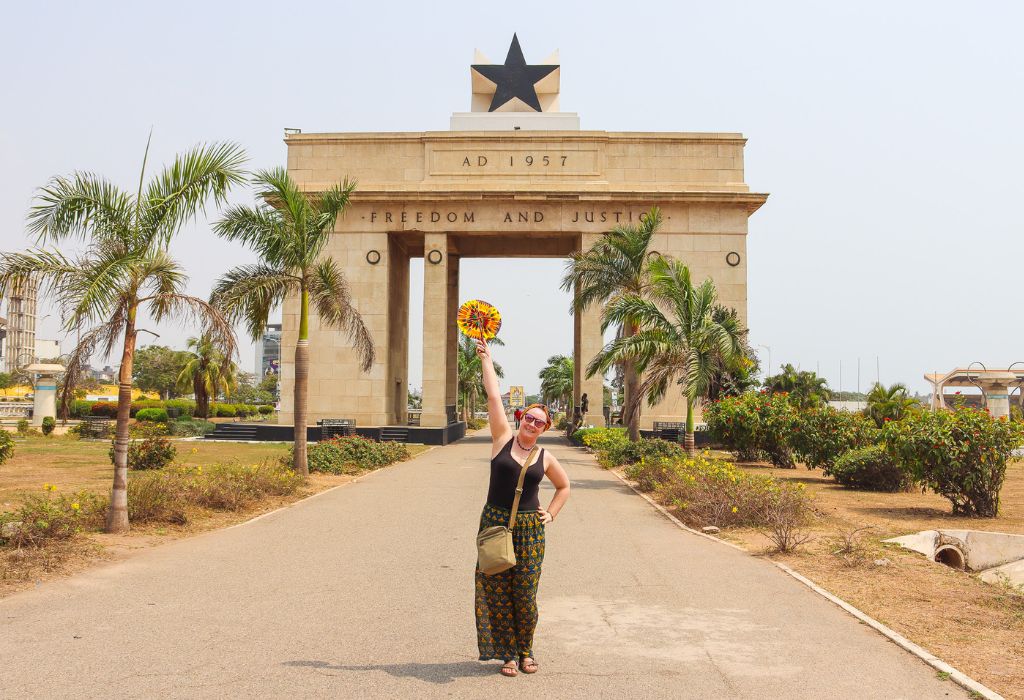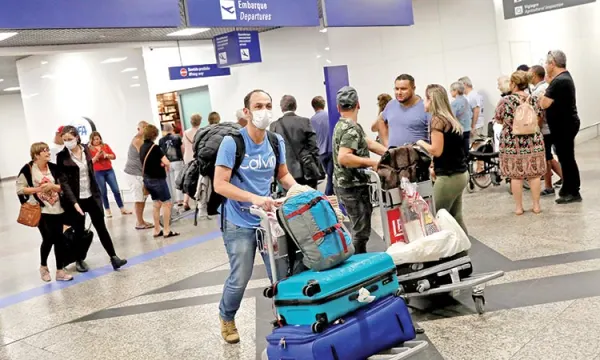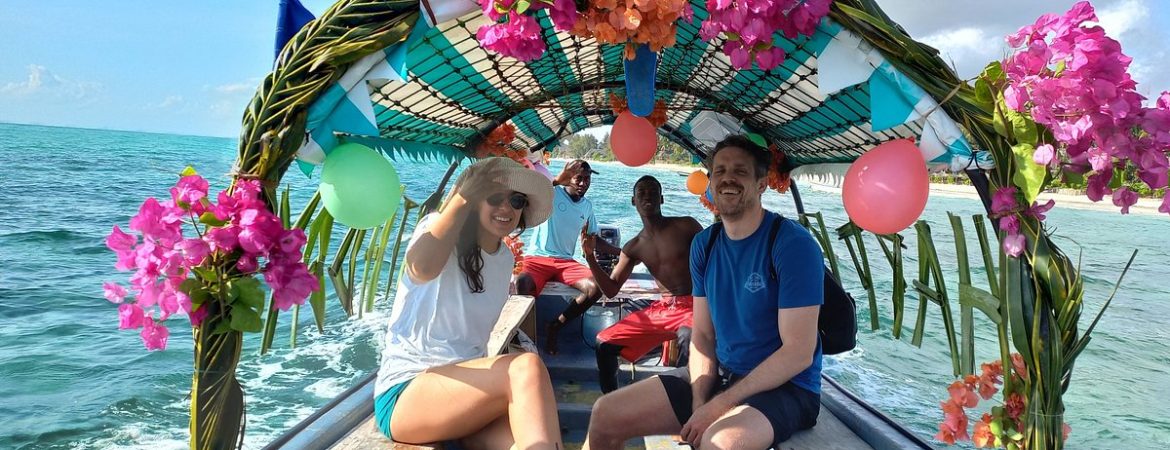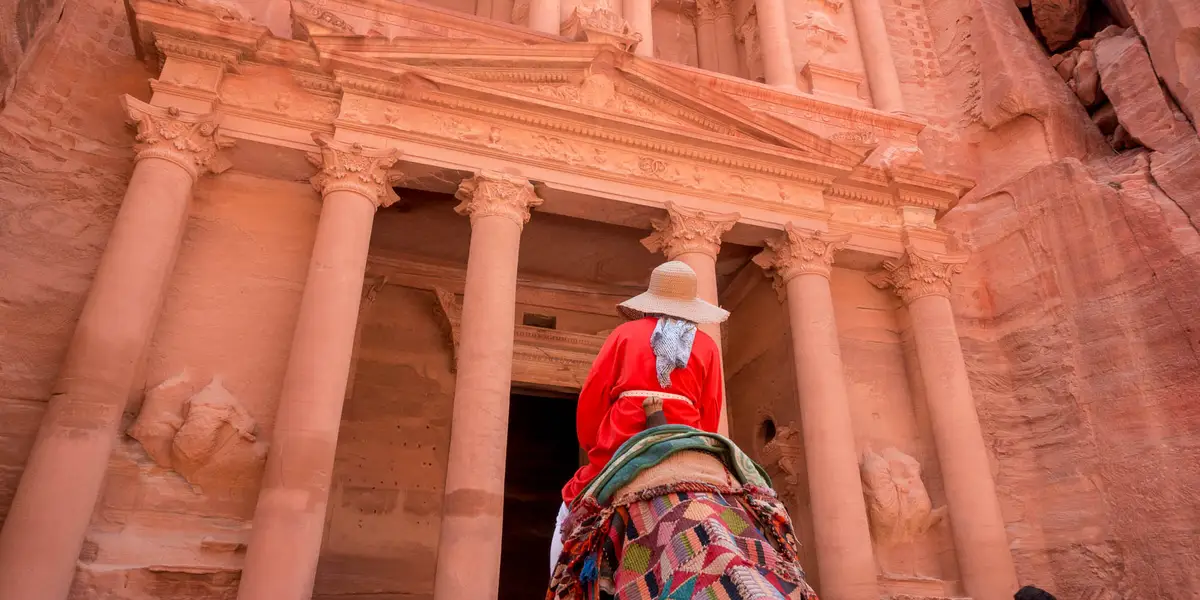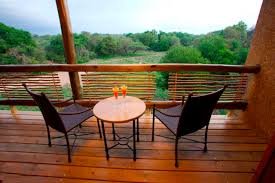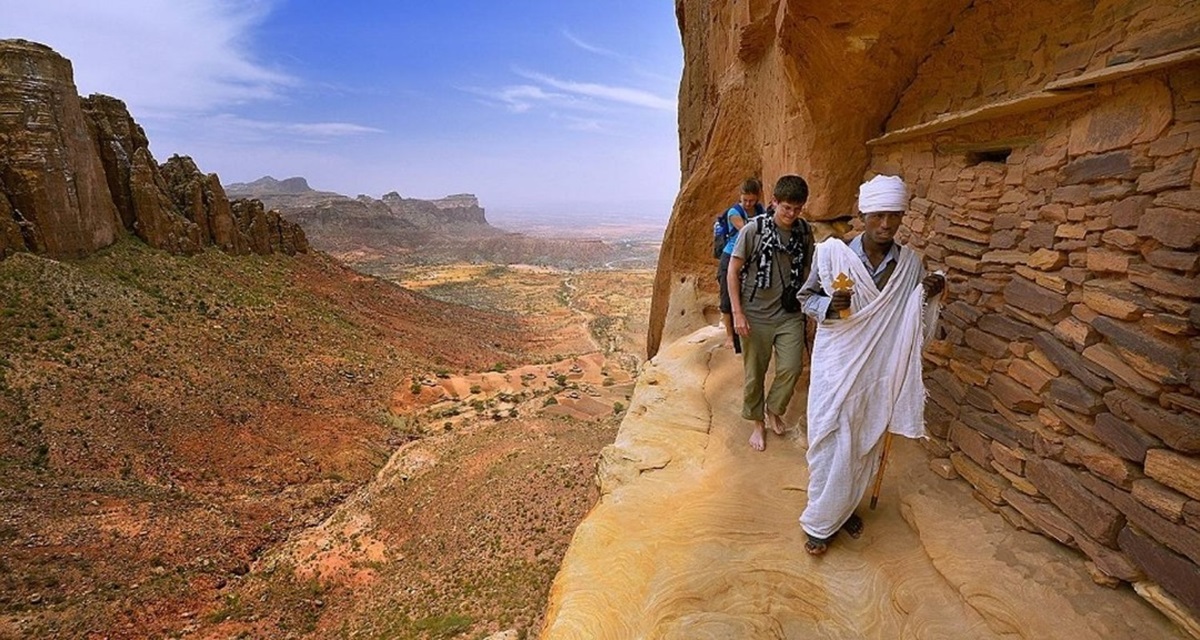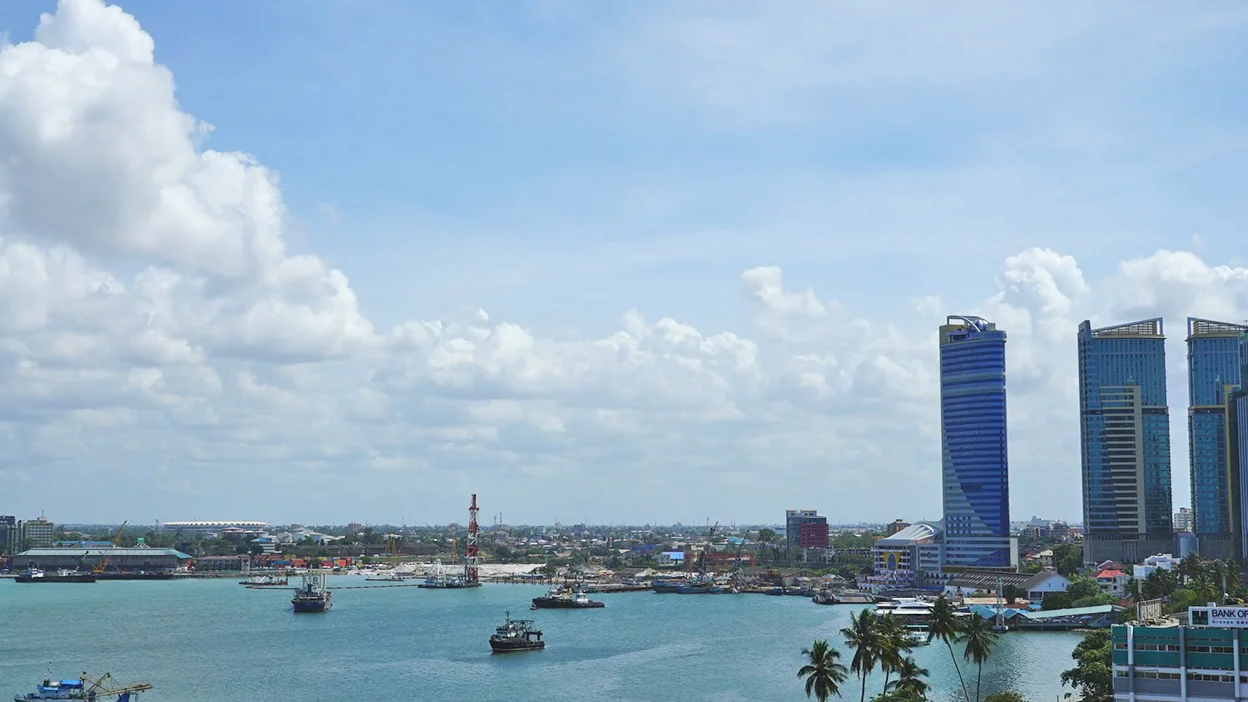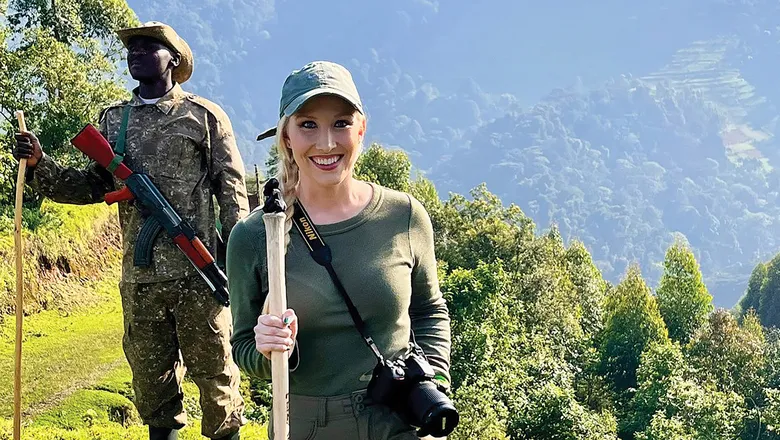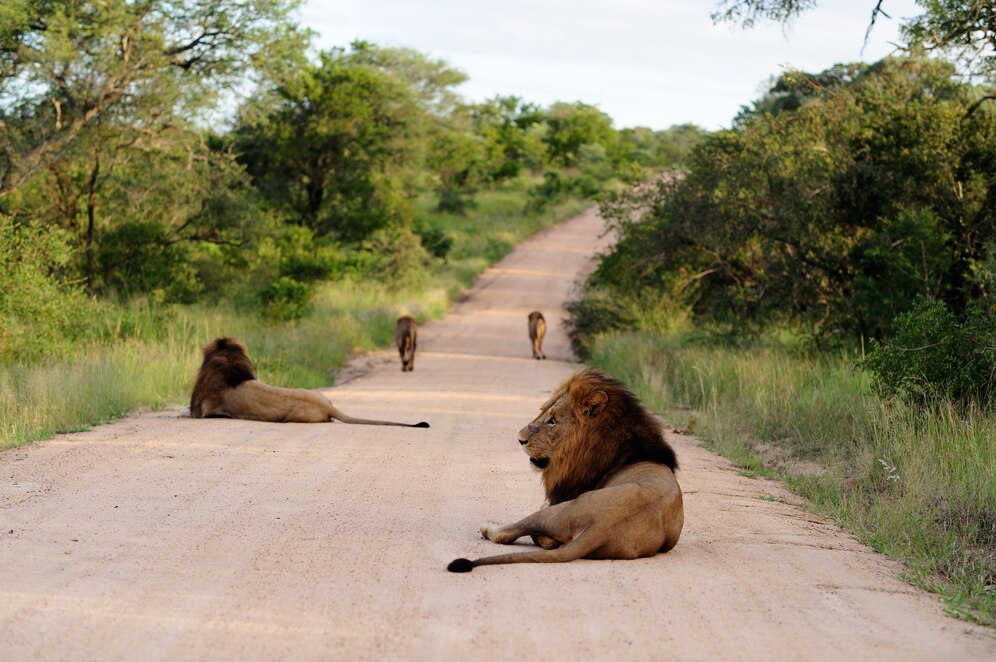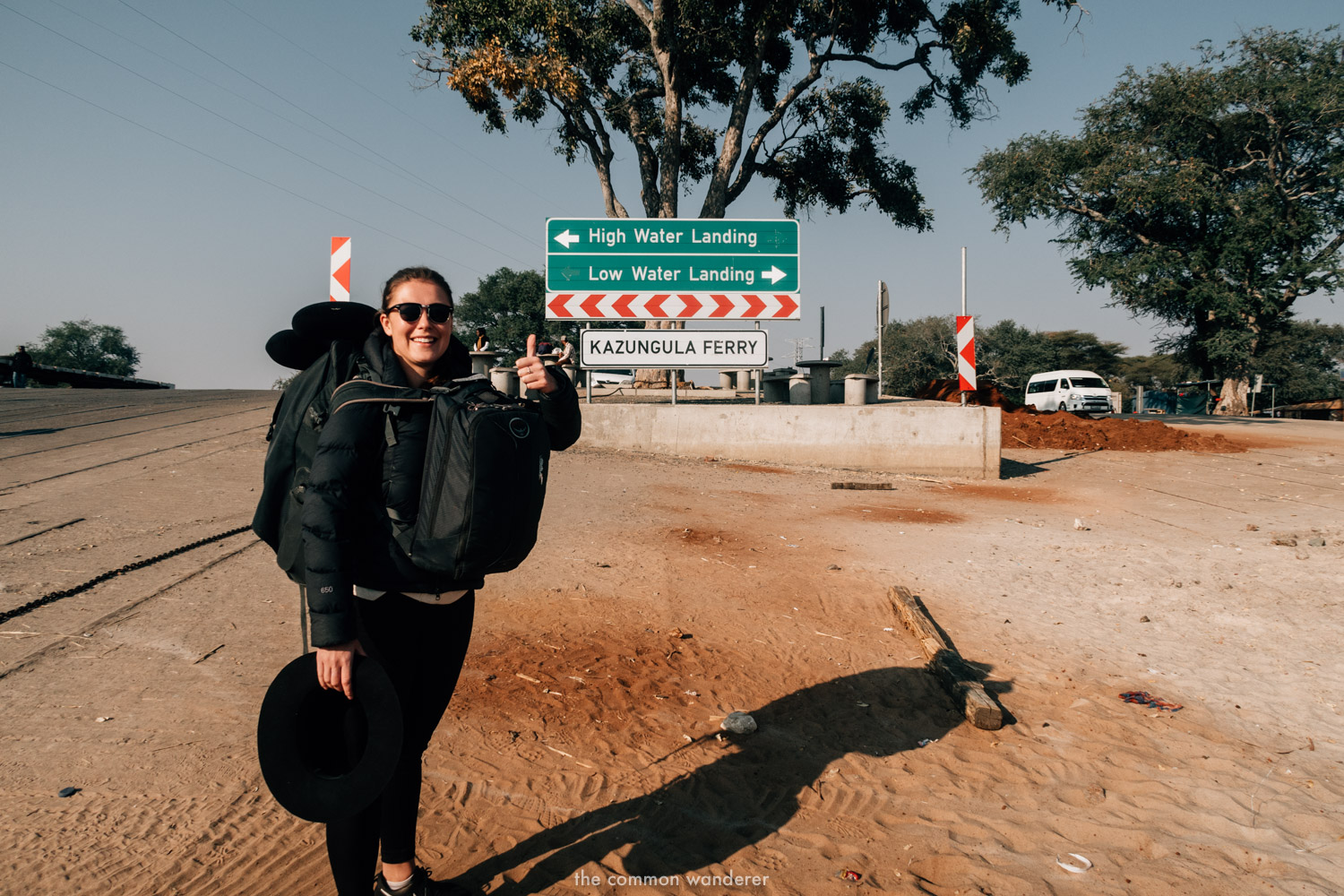
Africa, a continent of unparalleled beauty, cultural depth, and historical richness, remains one of the most extraordinary travel destinations in the world. From the sweeping savannas of Kenya and the ancient pyramids of Egypt to the bustling markets of Morocco and the tranquil beaches of Mozambique, Africa promises adventure and connection like nowhere else.
Yet, beyond the glossy safari brochures and Instagrammable moments lies a more nuanced reality. Many travelers arrive unprepared—not just in terms of logistics, but in mindset. This article explores what no one tells you about traveling to Africa. Whether you’re visiting for the first time or returning for more, these insights will help you embrace the continent with open eyes and an open heart.
The 1. The Pace of Life is Different — Embrace “African Time”
Forget the clock-driven lifestyles of the West. In much of Africa, time is a flexible concept. What’s affectionately called “African time” reflects a more relaxed, relationship-centered culture.
A bus scheduled to leave at 9:00 a.m. may depart at 10:30 a.m.—or not at all. Meals can take longer to arrive. Meetings often start late. But this isn’t laziness or disorganization; it’s a different worldview, where personal interactions matter more than sticking to the clock.
Tip:
Leave buffer time in your itinerary. Don’t book back-to-back tours or tight flight connections. Use delays as an opportunity to engage with locals, learn new perspectives, or simply slow down and appreciate your surroundings.
2. Cultural Respect Isn’t Optional—It’s Essential
Africa is not a monolith; it’s a continent of 54 countries, over 3,000 ethnic groups, and more than 2,000 languages. What’s appropriate in Zanzibar might be offensive in Zambia.
For instance:
-
In Muslim-majority areas like northern Nigeria or coastal Tanzania, modest dress is expected.
-
In some southern African cultures, refusing to greet someone properly can be considered rude.
-
In Ethiopia, pointing with your finger can be disrespectful.
Tip:
-
Learn basic local greetings.
-
Research religious and cultural norms in each country or region you visit.
-
Ask permission before taking photos of people.
-
Participate in local customs when invited—it’s an honor.
Cultural respect isn’t just polite—it opens doors to deeper, more authentic travel experiences.
3. Bargaining is Expected—But Kindness Counts
Markets, craft stalls, and even some guesthouses in Africa often expect you to negotiate. Haggling is a lively part of commerce, especially in countries like Morocco, Egypt, Ghana, and Kenya.
But there’s a difference between bargaining and bullying.
Ethical Bargaining Tips:
-
Smile. Negotiations are social—make it friendly.
-
Offer reasonable counter-prices, not extreme lowballs.
-
Understand that what may seem like a small amount to you (e.g., $1) can make a real difference to the vendor.
-
If you agree on a price, honor it.
-
Walk away if you feel uncomfortable, but do so respectfully.
This approach builds mutual respect and helps support local economies fairly.
4. Infrastructure Can Be Unpredictable—Pack Patience
While Africa has many modern cities with reliable services (think Cape Town, Kigali, Nairobi, Accra), other regions still face infrastructure challenges:
-
Power outages (load-shedding) are common in countries like South Africa and Zimbabwe.
-
Poor road conditions can turn a 100-km journey into a five-hour adventure.
-
Internet may be slow or nonexistent in rural areas.
-
ATMs can run out of cash or be hard to find in remote villages.
What to Pack:
-
Portable charger/power bank
-
Offline maps (e.g., Maps.me or Google Maps offline mode)
-
Local SIM card with data (often affordable and reliable)
-
Reusable water bottle with a filter
-
Flashlight or headlamp
Mindset Shift:
Don’t let discomforts ruin your experience. See them as part of the adventure—a glimpse into everyday life for millions of locals.
5. Hospitality is Powerful—Let It Change You
One of the greatest treasures of traveling in Africa is its people. Warm, welcoming, and community-oriented, many African cultures deeply value relationships with guests.
You may be invited into homes, offered tea or food, or welcomed to weddings or ceremonies. These aren’t tourist traps—they’re acts of genuine hospitality.
For example:
-
In Uganda, locals may greet you with “You are welcome” even if you’ve just met.
-
In Senegal, sharing a communal meal is a sign of friendship and trust.
-
In Ethiopia, coffee ceremonies are an essential cultural experience.
Tip:
-
Accept hospitality with gratitude.
-
Bring small gifts (pens, notebooks, or tea) if staying with families.
-
Engage in conversation—most people are eager to share their stories and hear yours.
Your best travel memories might come from these spontaneous human connections.
6. Your Safety Depends on Awareness, Not Fear
Media portrayals often focus on conflict or danger in Africa, but the reality is much more nuanced. Most travelers have safe and positive experiences by being informed and prepared.
That said, every country (including those in the West) has areas that are safer than others.
Safety Tips:
-
Research current safety situations on sites like Travel.State.Gov or your home country’s travel advisory page.
-
Register with your embassy when traveling long-term or in remote regions.
-
Avoid walking alone at night, especially in urban areas.
-
Don’t flash valuables (jewelry, cameras, expensive phones).
-
Use trusted transport apps like Bolt (in East Africa) or Uber (in South Africa).
-
Listen to local advice—what’s safe for locals is often safe for tourists.
Africa isn’t inherently dangerous, but like anywhere else, common sense is your best tool.
7. Travel Insurance is Non-Negotiable
Medical care standards vary across Africa. While many urban areas have quality private clinics, rural zones may have limited healthcare access. Malaria, typhoid, and traveler’s diarrhea are common concerns.
Buy comprehensive travel insurance that includes:
-
Medical evacuation
-
Trip cancellation
-
Theft coverage
-
Emergency assistance
It’s also wise to consult a travel health clinic before your trip for any recommended vaccines (like yellow fever, hepatitis A/B, or typhoid).
8. Local Cuisine is a Cultural Experience
Food in Africa is deeply rooted in tradition and varies widely by region. You’ll find:
-
Injera and wot (spicy stew) in Ethiopia
-
Bunny chow (stuffed bread loaf) in South Africa
-
Jollof rice in West Africa
-
Ugali and sukuma wiki in East Africa
-
Zanzibari seafood curries and Swahili coastal dishes
While you should be cautious with street food, especially early in your trip, don’t miss out on trying local flavors.
Tip:
-
Eat where locals eat—it’s usually safe, cheap, and delicious.
-
Always carry bottled or filtered water.
-
Try local fruits, fresh juices, and fermented drinks like ginger beer or palm wine.
9. Language Barriers Are Surmountable
English, French, Arabic, and Portuguese are widely spoken across different African countries, often alongside dozens of indigenous languages. Even when communication is tricky, a smile, hand gestures, or a translation app can work wonders.
Learning even a few local words (like “hello” or “thank you”) shows respect and can lead to genuine connections.
10. Sustainable Tourism Matters—More Than You Think
Tourism can either uplift or exploit. Be mindful of how your money and presence affect local communities.
Responsible Travel Tips:
-
Support community-owned lodges and tour operators.
-
Avoid exploitative animal encounters (like riding elephants or posing with drugged lions).
-
Say no to buying wildlife products (like ivory or turtle shells).
-
Volunteer only with ethical organizations—avoid “voluntourism” unless you’re trained and staying long-term.
Travel can be transformative—for both you and the places you visit—when done ethically and with intention.
Travel With Curiosity and Compassion
Africa will challenge your expectations and reward your openness. It will ask you to slow down, to listen more than you speak, and to surrender to the moment. You might arrive as a tourist, but you’ll leave feeling connected to the land, to the people, and maybe even to a part of yourself you hadn’t met yet.
So prepare, yes. Pack wisely and read up. But more importantly, come with curiosity, humility, and compassion. Africa is not just a destination—it’s an experience that stays with you long after the trip ends.



